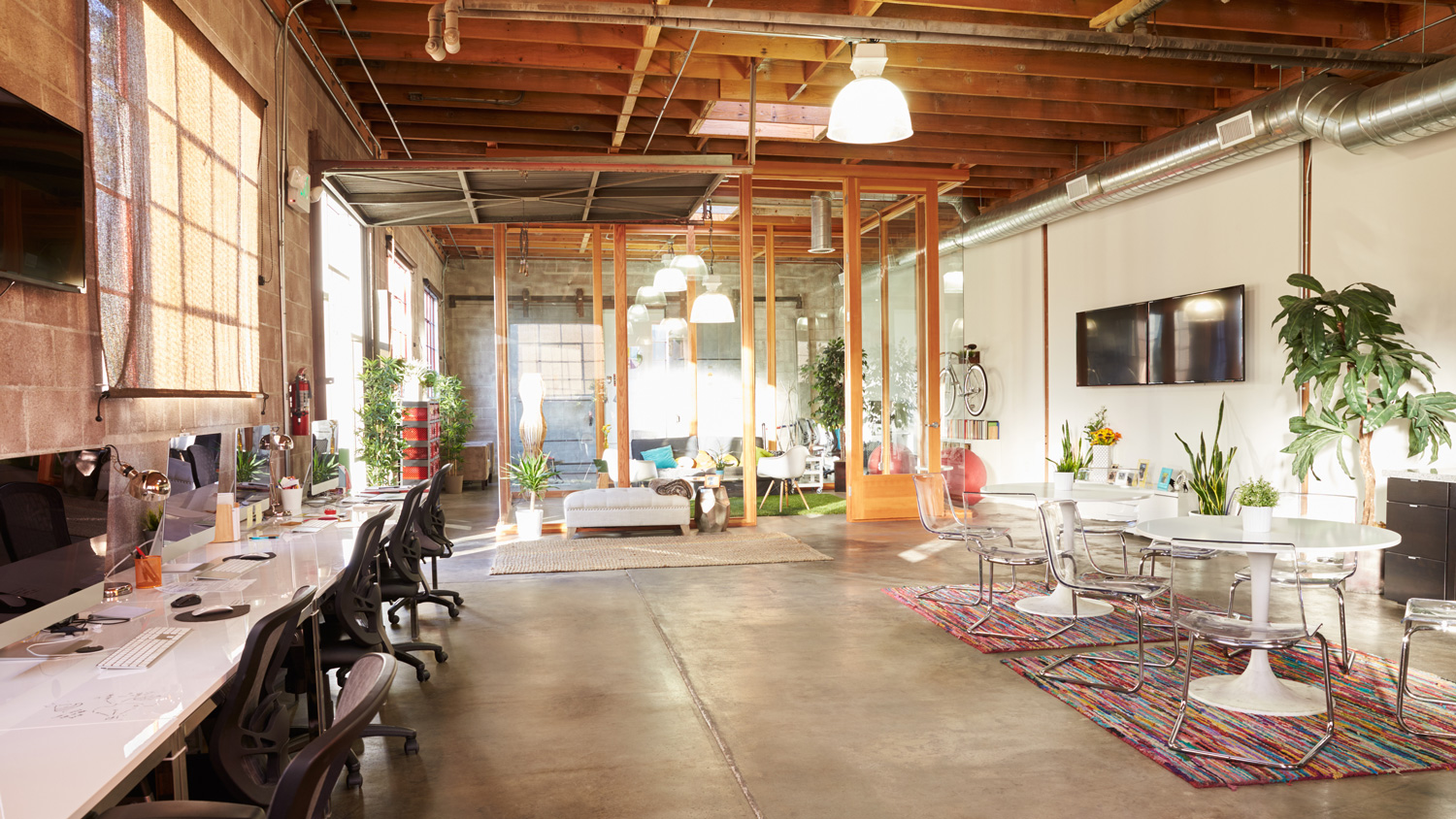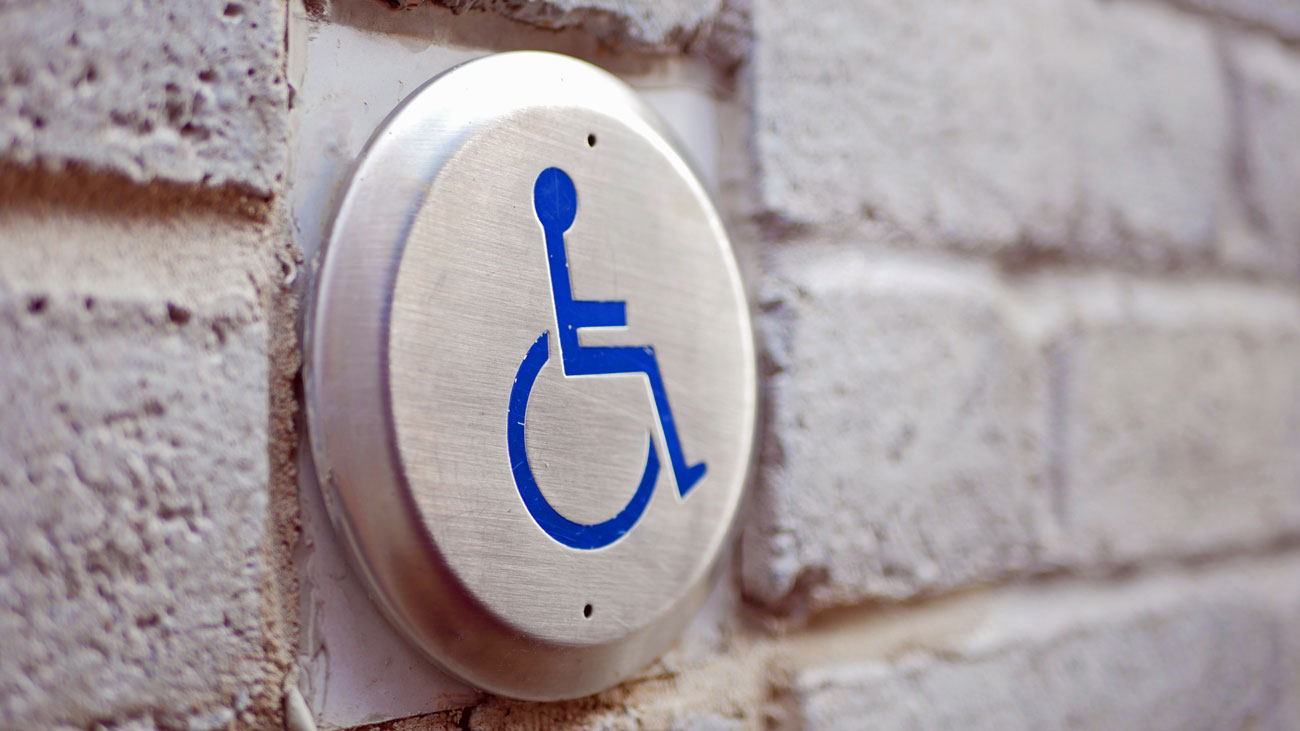
Post-COVID workplaces: rethink or relocate?
As we continue to navigate the world in the face of multiple new technologies and post COVID-19, we are facing a new attitude towards many aspects of our working lives. So, what challenges and barriers do property developers and corporate COOs now face in terms of creating spaces which match their workspace occupants’ rapidly evolving requirements?
These are just some of the questions that Line Management Group (LMG) poses in its 'The Way Forward' report, which studies the attitudes of business leaders towards the rapidly changing role of corporate real estate. Written for developers, COOs and facilities professionals, the study provides insight into the changing role of corporate real estate. It looks at the circumstances and triggers changing how businesses perceive and use their physical workspaces and what these changes will mean for the building services industry.
The challenges of 2020 have moved real estate strategy into the forefront of business discussions, whether or not they were already there before the COVID-19 pandemic, says LMG. With workers redistributed, operations either halted or interrupted and revenues under threat, the question of how and where we conduct business is on everybody’s lips.
But, says the report’s author, let’s not pretend that this is something that’s just occurred to us. The situation this year has sped things up, certainly, and forced conversations to happen more often and more urgently, but the shift to remote and flexible working was already underway months and even years ago.
With employee attitudes and priorities changing, and technologies emerging to both facilitate and accelerate these shifts, it’s time to say goodbye to the ‘desk farm’ offices of the past and embrace new, connected spaces that encourage collaboration, reinforce working culture and inspire creativity. The question is, how prepared are businesses to take up the opportunity that lies in front of them?
LMG grouped its respondents into three mindsets:
Not now:
The majority of businesses are aware of the need to make changes to their real estate strategy and the benefits it would bring. But for reasons ranging from ‘We need to see what happens with COVID-19’ to ‘The board doesn’t want to commit to changes this year’, this group are cautious, unwilling to take the leap and unconvinced that action is needed.
Soon:
For this group, there is more of a willingness to try to make changes, and they are starting, cautiously. They may be planning upgrades or refits in the next one to two years, or they may be piloting a small in-house project rather than taking the leap and investing with a partner or collaborator. They are trying their best to get the project through, but factors such as reluctant board members or legislative complications are preventing them from making real progress.
No need:
This group has a strong (but often unfounded) belief that they’ve done all they need to do to transform and they don’t need to do anything else. They may have made upgrades within the last five years or have reviewed things and decided that no action is required. They may in fact not understand the full scope of what they could achieve and what their built environments could be capable of delivering. It’s also worth noting that some companies actually have made incredible transformations to their workspaces and are already reaping the benefits. These are the businesses who truly have ‘no need’ to change, and it’s these firms that other businesses can learn a lot from.
Although the research shows that reoccupation of workspaces is on the agenda for many, LMG says the data suggests it’s more about rethinking than relocating. Strikingly, none of the respondents interviewed said they were planning to either buy new real estate or get rid of existing spaces. Instead, those who claimed to be thinking about making real estate changes said these would come in the form of transforming the spaces they already have.
In conclusion, the report finds the shift towards carefully considering and working to transform the way in which workspaces are used is a common theme throughout the research. The fact that relocating is not on the agenda shows that, for employers, it’s more about the buildings themselves and the features and experiences they deliver which is now of most value, rather than if they are located near a city centre, a station or a major road.
However, it’s worth considering here that although these factors may not matter as much to business leaders, for employees, being close to home with off road parking or alternatively, to good transport links or city centres may be exactly the kind of incentive they look for. If we are to build workspaces that encourage employees to visit and occupy them, the report says, this must be thought about carefully. With employee satisfaction clearly a key factor, it’s vital that businesses understand the full extent of what’s possible in terms of enhancing and maximising the role that a building itself can play in improving these experiences.







